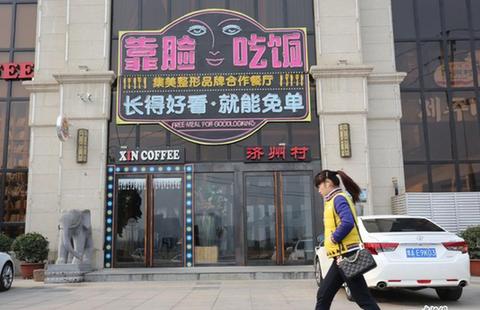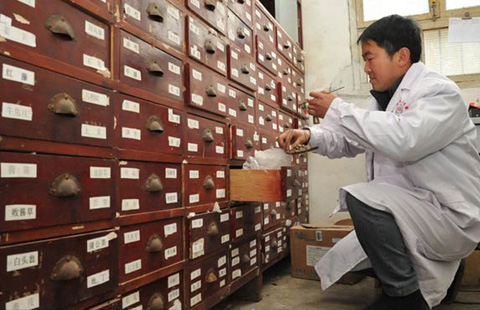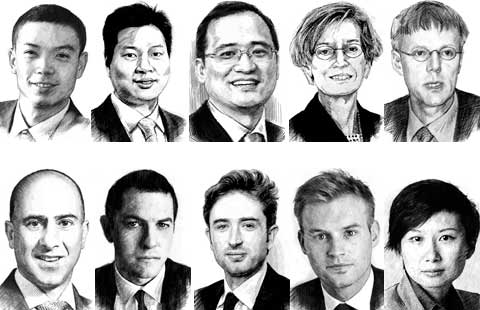Small refineries struggling to stay afloat
By DU JUAN (China Daily) Updated: 2015-01-14 10:55Xue Qun, refined oil analyst with Longzhong, said that in addition to price falls, other factors including rapid refining capacity expansion and China's economic slowdown contributed to the wholesale-level price declines.
"As the retail price adjustment frequency increases, profit from oil products trading is flowing to the end of the market like gas filling stations," she said.
The profit from petroleum retailing in domestic gas stations has grown 64 percent year-on-year on average for 2014, according to data from Longzhong.
Expansion of capacity at China's large refineries has slowed in the past five years. Capacity at those facilities is growing by about 5 percent annually, compared with as much as 9 percent from 2000 to 2010, according to energy consultancy ICIS-C1 Energy.
However, small and medium-sized refineries are still adding capacity at a rate of about 15 percent annually, said Li Li, research and strategy director at ICIS-C1 Energy.
"The global energy structure changed dramatically in 2014 as crude price declined substantially and pipeline crude supply from Russia expanded, which gave Chinese participants in the global crude market more choices," she said.
Chinese refineries will tend to buy higher-quality crude, given the widening range of suppliers. Thus, they will have a bigger say in price negotiations, Li Li said.
"In the coming five years, large refineries will survive while small ones may be eliminated."
There are also some challenges for refineries such as raw material procurement, products distribution and market strategies, she said.
- China not sheepish about reforms in the Year of the Sheep
- Alibaba agrees to block sale of dangerous toys in US
- Cadillac boss: global strategy prioritizes China
- Toyota recalls 48 Avalon sedans in China
- China oil output edges up
- China to announce new support for new energy cars
- China allows foreign investors to wholly own e-commerce business
- Inspur server a national breakthrough

















